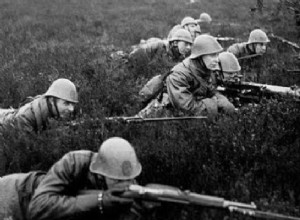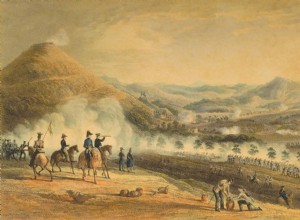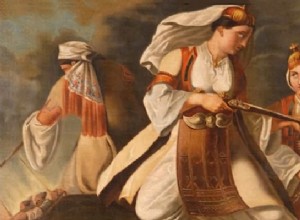In 1940, the little Netherlands found itself caught in the vortex of the biggest world conflict without wanting it and most importantly without being adequately prepared militarily. The Netherlands had not been involved in World War I and this had given its leadership a sense of security as it belie




